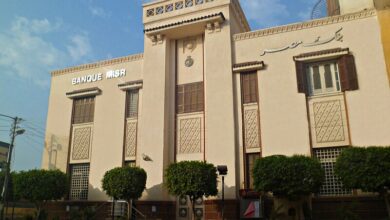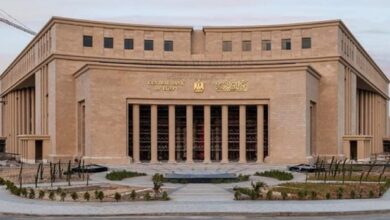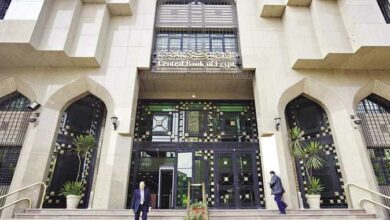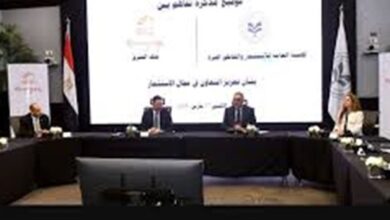Egyptian banks on Monday put into force directives by Prosecutor General Hisham Barakat to freeze the assets of several Islamist politicians, including Muslim Brotherhood Supreme Guide Mohamed Badie.
Barakat had taken the decision against the backdrop of violence between supporters and opponents of ousted president Mohamed Morsy that took place at Nahda Square in Giza, outside the guidance bureau in Moqattam, outside the Republican Guard headquarter, and the Ettehadiya presidential palace.
The freeze covers the assets of Badie's deputies Khairat al-Shater, Mohamed Ezzat and Rashad Baioumy, as well as Mahdi Akef, the former supreme guide, Mohamed Saad al-Katatny, head of the Freedom and Justice Party, Essam al-Erian, the party’s deputy leader, Salafi preacher Safwat Hegazy, Mohamed al-Beltagy, a leading Brotherhood figure, Essam Sultan, vice president of the Wasat Party, Assem Abdel Maged, member of the Jamaa Islamiya Shura Council, Hazem Salah Abu Ismail, president of the Salafi Raya Party, Tarek al-Zomor, spokesperson for the Construction and Development Party, and former MP Mohammed al-Omda.
Hussein Refaie, an executive official at the National Bank of Egypt, said the freeze is a precautionary measure taken in such circumstances, where assets of individuals who pose a threat to national security are suspended.
According to Refaie, this decision, however, might be of no effect on the practical level as a large number of those affiliated with Islamist groups never dealt with banks because they reject their operations as at odds with principles of Islamic finance.
Egypt’s Stock Exchange had also frozen dealings on stocks owned by those personalities. Several of those had reportedly been summoned for interrogation over accusations of instigating violence against Morsy’s opponents and the army after the Armed Forces removed the president in response to wide-scale demonstrations.
Edited translation from MENA




